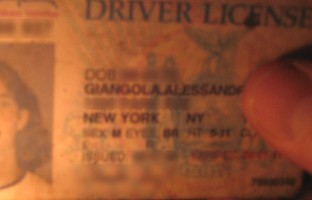Turning out voters
The movement to require voters to show a photo ID before casting a ballot has been gaining momentum. Wisconsin, Texas and South Carolina recently joined Kansas, Georgia and Tennessee in imposing this requirement. Legislatures in Pennsylvania and Ohio will consider strict photo ID bills in coming months, and Missouri voters will consider a referendum on the issue next year. Photo ID laws would have been enacted in four other states by now had they not been met with a governor's veto. (Six more states already have flexible photo ID laws, which give voters a chance to bypass the requirement by signing an affidavit.)
The ostensible goal of photo ID laws seems reasonable enough: to ensure that people who aren't legally registered to vote don't cast a ballot. The likely effect of photo ID laws, however, is to discourage eligible voters, especially blacks, Latinos, the elderly, people with low incomes and the unemployed—those least likely to have obtained a photo ID. A movement supposedly designed to protect the integrity of the electoral process will end up disenfranchising voters.
Photo ID requirements not only act as a de facto poll tax; they address a virtually nonexistent problem. Federal prosecutors spent five years during the Bush administration trying to crack down on voter fraud, but their results were negligible because they could find so few cases. Fewer than 100 people were convicted nationwide, and almost all the cases involved not deliberate fraud but honest confusion. For example, a few immigrants misread voter registration cards and didn't realize that as noncitizens they were not eligible to vote. Some convicted felons and parolees didn't understand that they were not eligible to vote. All these cases were isolated: prosecutors found no evidence of an organized effort to change the outcome of an election—the great worry of those concerned about fraud.





